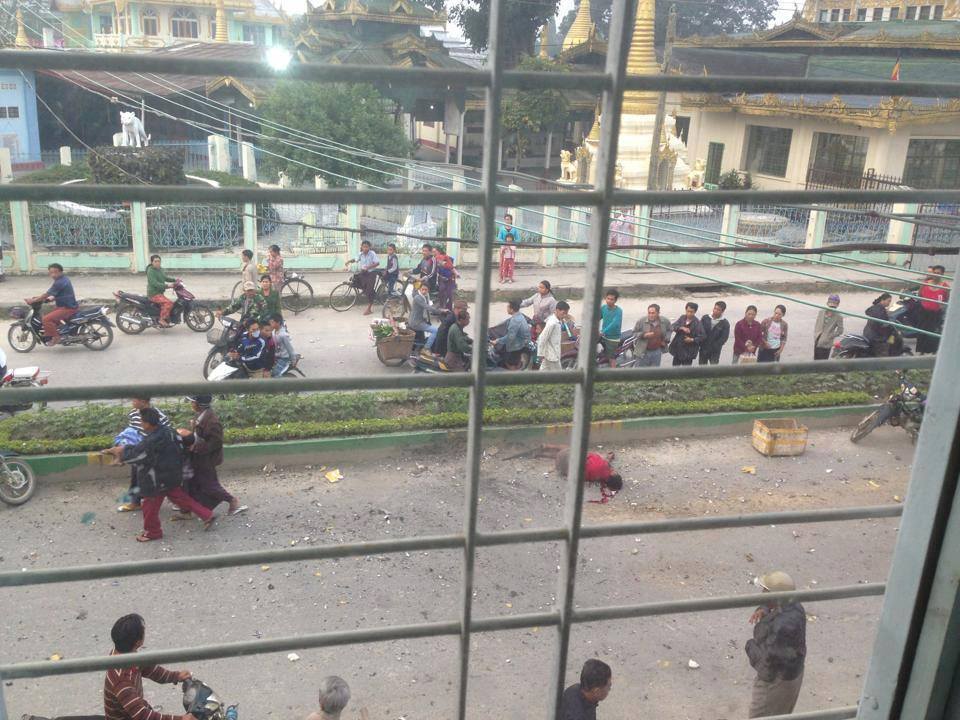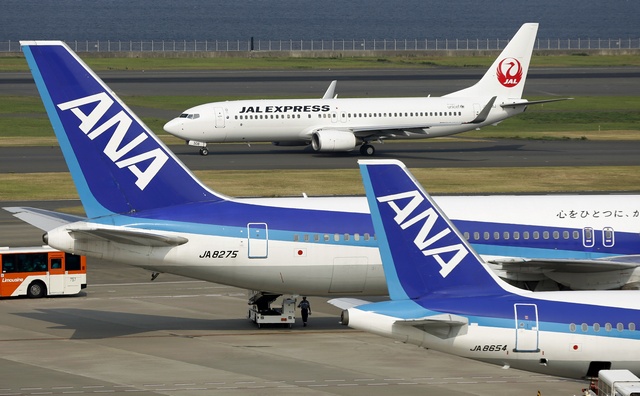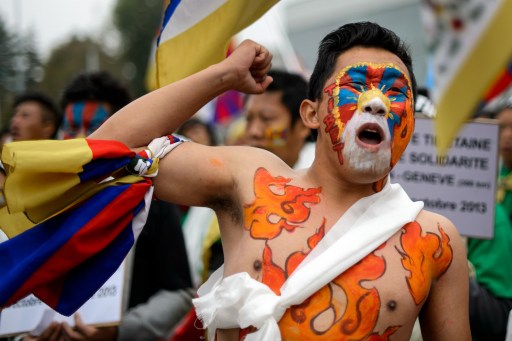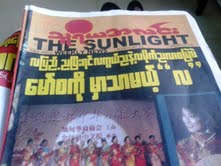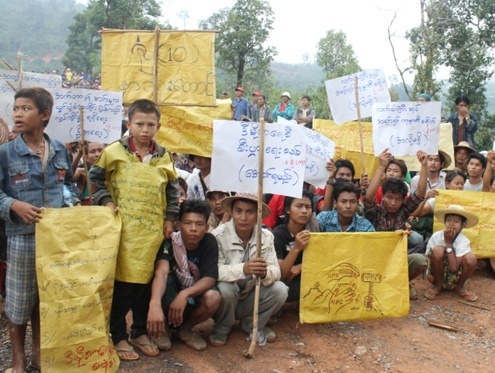China defended its human rights record before a panel of UN experts in Geneva on Tuesday, amid accusations of “systematic” abuses against minority populations, including refugees from Burma.
A special envoy for China’s foreign ministry, led by Wu Hailong, recognised shortcomings in rights protection, especially for minorities, but largely blamed “national conditions” and “practical” obstacles preventing progress in the populous country.
“We are soberly aware that China still faces many difficulties and challenges in promoting and protecting human rights,” said Wu, adding that the country “must strike a balance between reform, development and stability.”
The delegation later denied any role in censoring the internet, persecuting human rights activists or minorities, insisting that China has rigorous laws in place to protect all its citizens.
The panel highlighted China’s economic and social achievements, before blaming Uighur “terrorists” and Tibetan “separatists” for ongoing problems in ethnic minority territories.
It is the second time that China has addressed the UN’s Human Rights Council (HRC) for a periodic review of its performance. The meeting follows days of pressure on the Asian superpower to publicly acknowledge its role in ongoing abuses, which experts say carries detrimental implications for neighbouring countries.
In a statement released on Monday, the global watchdog Human Rights Watch (HRW) criticised China for prioritising economic development ahead of human rights, which they say has sparked land grabs and social unrest across the country.
The group also called on China to respect the 1951 Refugee Convention, which obligates governments to protect foreigners fleeing persecution, and condemned its decision to repatriate some 4,000 ethnic Kachin into the conflict-torn northern Burma in August 2012.
“China is good about signing human rights treaties but terrible about putting them into practice,” said Sophie Richardson, China director at HRW.
China has repeatedly called for a peaceful resolution to the Kachin conflict, which has displaced over 100,000 people since June 2011 when a ceasefire between ethnic minority rebels and the Burmese government broke down.
But Richardson told DVB on Tuesday that if China was serious about addressing the Kachin war, the government should offer assistance and protection to civilians fleeing into their territory.
“The Chinese government’s insistence that it is devoted to a peaceful resolution is highly questionable when it is also forcing ethnic Kachin out of Yunnan and into a conflict zone, or refusing to allow them entry,” she said.
[related]
Richardson added that there is a direct relationship between China’s domestic and foreign economic policies, including “lax enforcement of land rights, freedom of expression and access to information”, which impacts resource-rich Burma, where Beijing-backed ventures account for the vast majority of investments.
“HRW issued a report in 2011 about abuses by Chinese copper mines in Zambia, where we documented many of the same kinds of violations – highly problematic health and safety conditions, low pay, long hours, limitations on the freedom of assembly – that we often note inside China,” she said.
China’s presentation to the HRC comes on the same week that the controversial Shwe Gas project, which connects Burma’s Arakan state to western China’s Yunnan province, became fully operational. The venture is deeply unpopular in rural Burma, where ethnic minority populations say it has fuelled abuses and caused widespread environmental destruction.
Spokespersons for several governments questioned China over its treatment of ethnic and religious minorities, especially in Tibet and Xinjiang, where the Muslim Uighur minority lives. Both groups have been subject to decades of discrimination and repression, according to campaigners.
Many countries also called on Beijing to protect human rights defenders, journalists, women, disabled people and convicted criminals, and pushed for judicial improvements including the abolition of the death penalty.
The Burmese representative pressed Beijing on the issue of media freedom but made no mention of Kachin refugees or minority concerns. Burma and China continue to enjoy a cozy diplomatic relationship, despite Naypyidaw’s decision to re-engage with the west after decades of military rule.


